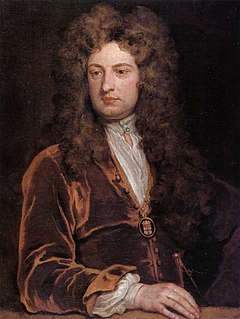A Quote by Baruch Spinoza
Blessedness is not the reward of virtue but virtue itself.
Quote Topics
Related Quotes
And what does reward virtue? You think the communist commissar rewards virtue? You think a Hitler rewards virtue? You think, excuse me, if you'll pardon me, American presidents reward virtue? Do they choose their appointees on the basis of the virtue of the people appointed or on the basis of their political clout?
Souls that have lived in virtue are in general happy, and when separated from the irrational part of their nature, and made clean from all matter, have communion with the gods and join them in the governing of the whole world. Yet even if none of this happiness fell to their lot, virtue itself, and the joy and glory of virtue, and the life that is subject to no grief and no master are enough to make happy those who have set themselves to live according to virtue and have achieved it.
Spirituality is not a question of morality, it is a question of vision. Spirituality is not the practising of virtues - because if you practise a virtue it is no longer a virtue. A practised virtue is a dead thing, a dead weight. Virtue is virtue only when it is spontaneous; virtue is virtue only when it is natural, unpractised - when it comes out of your vision, out of your awareness, out of your understanding.
Virtue is the highest reward. Virtue truly goes before all things. Liberty, safety, life, property, parents, country, and children are protected and preserved. Virtue has all things in herself; he who has virtue has all things that are good attending him.
[Lat., Virtus praemium est optimum.
Virtus omnibus rebus anteit profecto.
Libertas, salus, vita, res, parentes,
Patria et prognati tutantur, servantur;
Virtus omnia in se habet; omnia assunt bona, quem penes est vertus.]




































